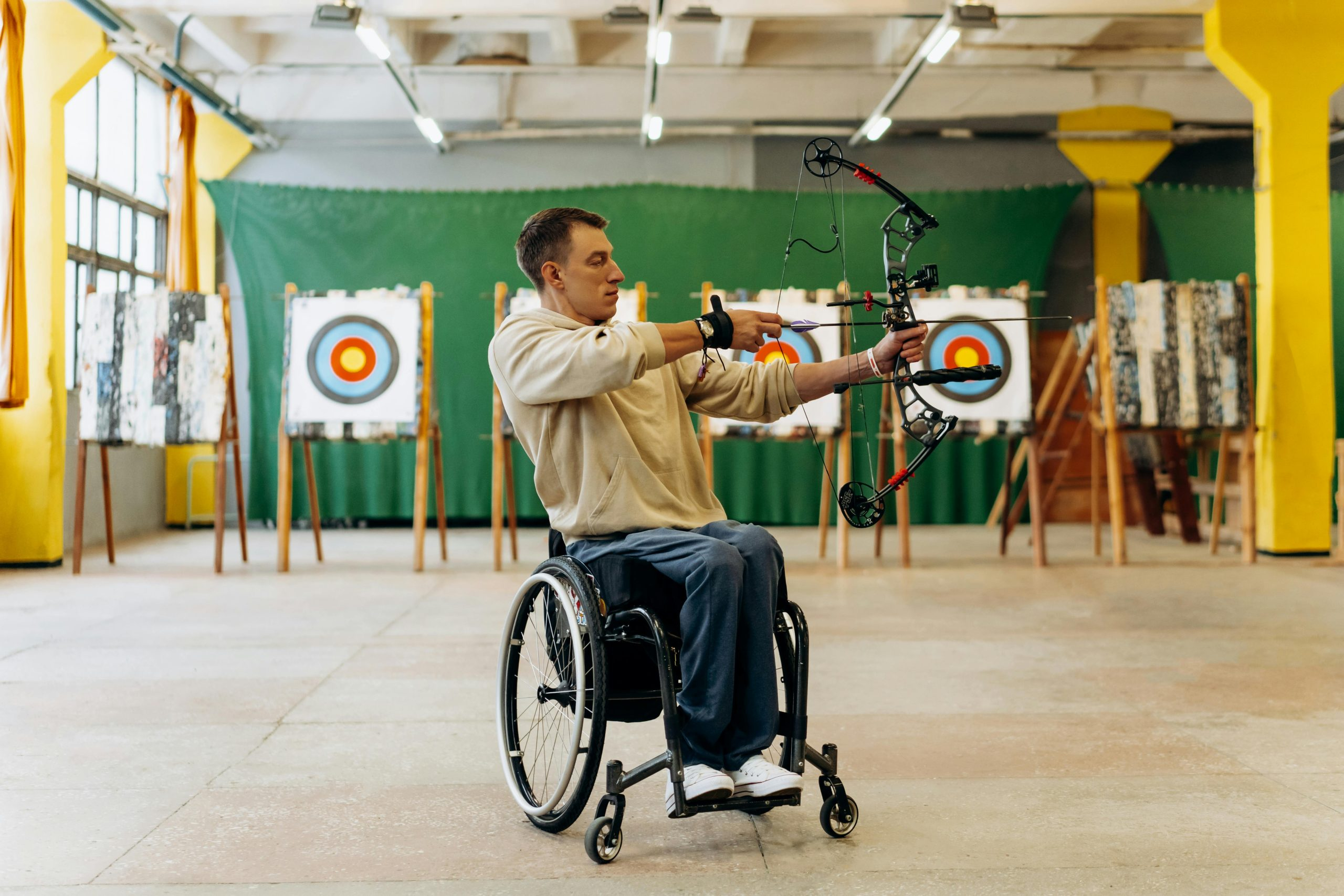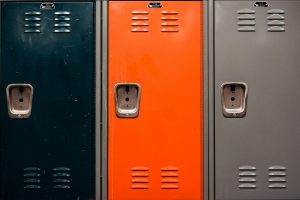Competency-Based Timelines: Ditch Grade Levels for Skill Milestones
Traditional education systems are structured around grade levels, with students progressing through each grade based on their age and passing of standardized tests. However, this one-size-fits-all approach fails to recognize the uniqueness and individuality of each student’s learning journey. To truly prepare students for success in the modern world, competency-based timelines that focus on skill milestones are gaining traction in the education landscape. By ditching grade levels and prioritizing skill development, students are equipped with the necessary tools to thrive in an ever-evolving society.
The Flaws of Grade Levels
Grade levels are a convenient way to categorize students by age and academic performance, but they often overshadow an individual’s true potential. In traditional education systems, students are expected to follow a strict timeline and meet certain standards by a specified age. This approach can be detrimental to students who may need more time to grasp certain concepts, or who may excel and feel held back by their peers. Moreover, it promotes a one-size-fits-all mentality that fails to recognize the unique learning styles and paces of each student.
The Importance of Skill Milestones
Competency-based timelines, on the other hand, focus on the mastery of specific skills rather than completion of a certain grade level. This approach allows students to progress at their own pace and ensures that they thoroughly understand the material before moving on. By prioritizing the development of skills, students are given the opportunity to excel in areas in which they have a natural aptitude, while also receiving support in areas that may be more challenging for them.
Real-World Relevance
In today’s fast-paced and constantly evolving society, traditional education systems can fall short in adequately preparing students for the real world. Competency-based timelines, however, align with the skills needed for success in a variety of industries. Employers value skills such as critical thinking, problem-solving, and creativity – all of which are reinforced in a competency-based learning environment. By focusing on skill milestones, students are better equipped to navigate the demands of the modern workforce and become lifelong learners.
The Impact on Student Motivation
Traditional education systems often lead to a fixed mindset, where students believe that their abilities are predetermined and cannot be improved upon. This can be incredibly demotivating and can hinder a student’s growth. Competency-based timelines, on the other hand, promote a growth mindset, where students understand that their abilities can be developed through effort and persistence. This mindset shift can have a profound impact on student motivation and can ultimately lead to greater success in their learning journeys.
Implementing Competency-Based Timelines
While competency-based timelines may sound like an ideal solution, implementing them in traditional education systems can be a complex task. It requires a shift in mindset from both students and educators, as well as significant changes to curriculum and assessment methods. However, many schools and districts have successfully implemented competency-based learning and have seen promising results.
The Role of Technology
With the rapid advancement of technology, implementing competency-based timelines has become more feasible than ever before. Online learning platforms and personalized learning tools allow students to progress at their own pace and receive real-time feedback on their skills. Technology also makes it easier for educators to track and evaluate student progress, as well as adapt their teaching methods to meet the needs of individual students.
In Conclusion
The traditional education system’s reliance on grade levels and standardized tests may not be preparing students for the complex demands of the real world. Competency-based timelines that prioritize skill development, on the other hand, offer a more personalized and relevant approach to education. By valuing individual strengths and promoting a growth mindset, students are better equipped to navigate their educational journey and succeed in their future endeavors.











